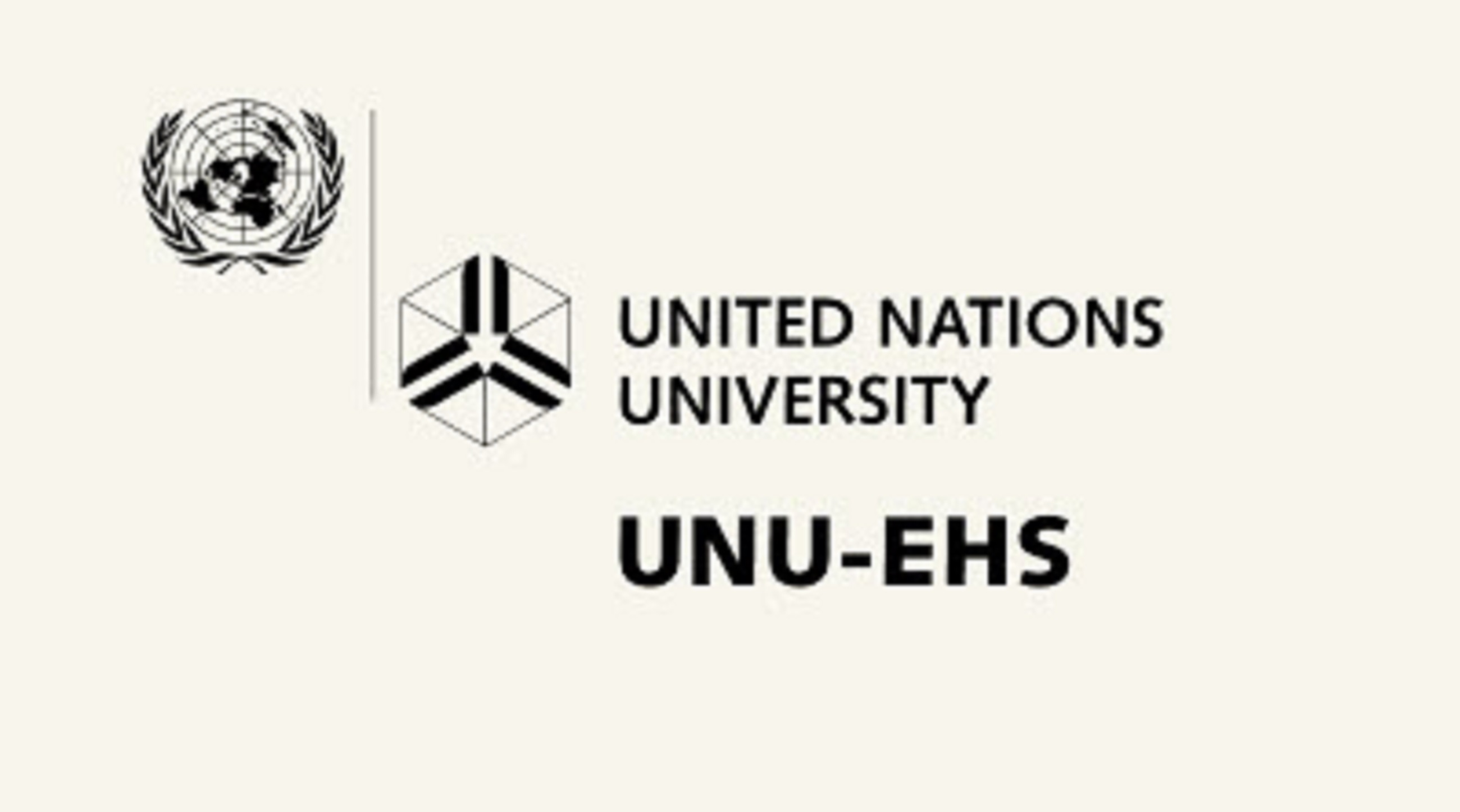The Corona pandemic is currently overshadowing many other pressing issues of our time. These include the global fight against poverty, biodiversity loss and, above all, the climate crisis. COVID-19 we will hopefully soon have under control – and, as serious as it seems today, in retrospect it will have been only a short-term threat. The other issues, however, will not have dissipated in a few years. This is where we need to step up our action!
2020 was an important year in the fight against climate change. All signatory countries to the Paris Climate Agreement had to have submitted their Nationally Determined Contributions (NDCs) to the Climate Secretariat (UNFCCC) by then at the latest and started implementing them. Initial analyses show: The targets are not ambitious enough. Even if all countries deliver one hundred percent on their pledges to reduce emissions, we are a long way from the 1.5 to a maximum two-degree pathway agreed by the global community. Instead, we are moving toward a world that is three degrees and warmer than in pre-industrial times – with the corresponding serious consequences in the form of more frequent and intense disasters, land loss due to sea-level rise, and much more. But there are also clear signs of hope. For example, the USA has returned to the negotiating table with very ambitious climate targets.
We all – politics, private sector and civil society – need to move forward more boldly and ambitiously, tighten up targets and, above all, become more efficient in implementing them. As the Munich Re Foundation, we want to make a contribution to this. Together with the United Nations University in Bonn (UNU-EHS) and in collaboration with the United Nations Climate Change Secretariat (UNFCCC), we are launching a new three-year series of our summer academies in May 2021. This time under the title "The Climate Academy". We want to address the emerging discrepancies between needed climate protection as well as climate adaptation and the currently set targets. In dialogue with all relevant stakeholders – with a special focus this time on civil society – we want to develop solutions and put them into practice. To this end, we will organize at least three one-week academies. We plan these – as long as the Corona situation allows – as on-site events, but accompanied by a series of digital workshops. This hybrid solution will allow us to increase reach while strengthening social networking.
Two things dominate our work in the 2020s: Countries and sectors must rapidly transition to net zero carbon emissions to avoid catastrophic climate change. All of us must take up new practices and norms that move towards enduring resilience for people and ecosystems. This requires curiosity, foresight, impactful work across networks in policy and practice - this is what defines the academy.
Dr. Koko Warner
UNFCCC
Manager, Vulnerability Subdivision
We will focus on three key themes over the three years:
- Nature-based solutions for climate change mitigation and adaptation
- Digitalization and energy transition in developing and emerging countries
- Demography and climate-induced migration (tbc)
We will soon launch a call for applications. We hope to again have a field of participants that can bring together experience and knowledge from all over the world. Interdisciplinary, cross-sectoral and geographically balanced. Over the next two months, we will determine the time frame and location of the first Climate Academy and then set the agenda in a participatory process. We look forward to receiving your applications and contributing more to ambitious climate goals together.
More information on schedule, applicants eligible for admission and the programme:
Christian Barthelt, 1 May 2021





